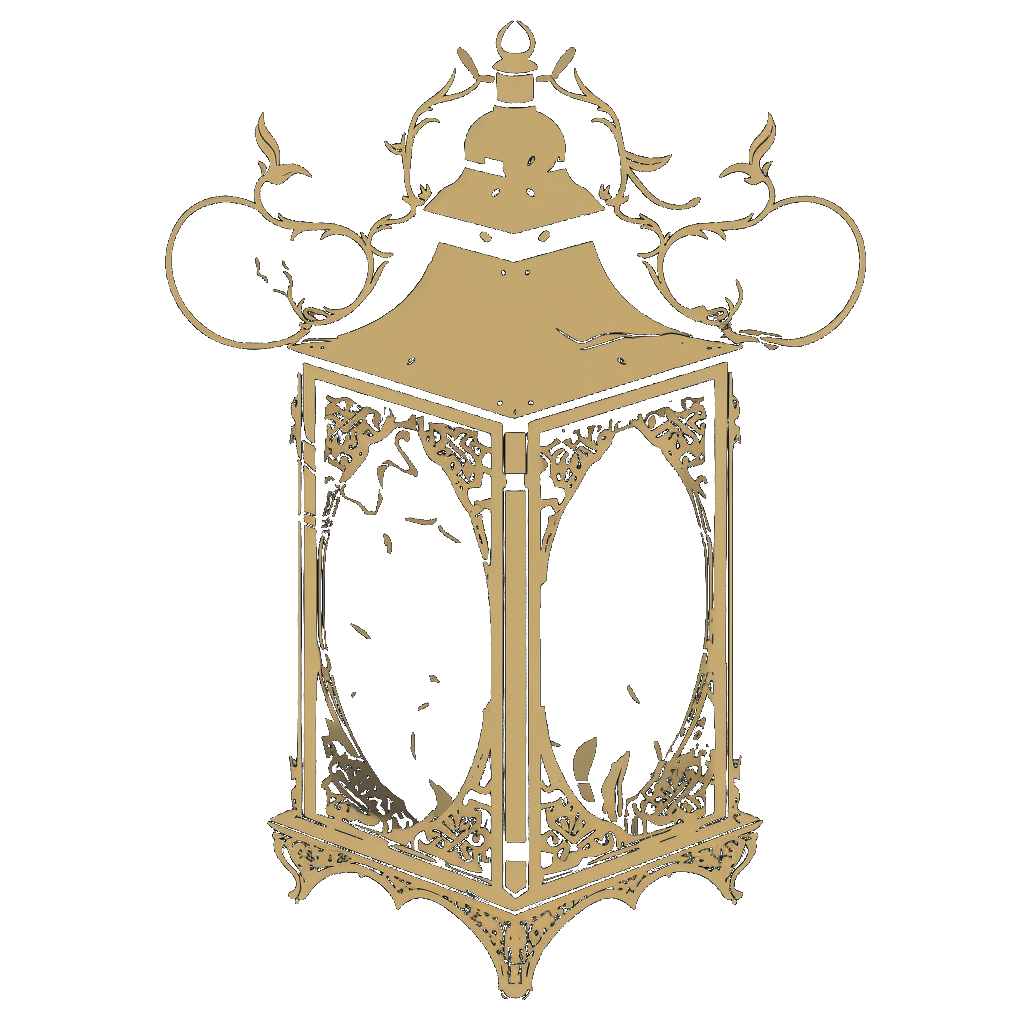Rosara
A proud and expressive people, the citizens of Rosara often celebrate themselves in many ways. However, Rosara is sometimes viewed as a "backwater kingdom" in places such as Roue D'or or Illivan. Despite this, the city has grown immensely over the past quarter-century thanks to its successful leadership.
Government
Rosara is a monarchy governed by a King and/or Queen. Although the King typically carries out the duties of leadership, the Queen possesses all of the same power and commonly fills in the role of leader while the King is away or missing. In the event that the King is killed or passes away, the Queen may hold power until a new King is sworn in. See: Rosaran Ascension of Kings
Traditionally the King often abdicates certain duties to his appointed officials. For example, taxation and kingdom finances are left to the Treasurer; management of the kingdom's army is left to the Captain of the Guard; etc.
In 790 ER, King Grekor Dracosbane created a new tradition in which the King performs open council for the citizens of Rosara. Providing advice for the issues facing his people, the King was able to bring a prestige of wisdom to his position and created a new respect for the throne. If ever the region faced issues too difficult for the local militia (or where previous methods have failed), the King would permit the Treasurer to hire mercenaries on behalf of the crown.
Industry & Trade
Rosara maintains three major exports: produce, glass, and tar.
The Goga River Valley region to the west of the City of Rosara, colloquially known as The Goodlands, is the most fertile area in Miras. Due to the mineral-rich waters of the Goga River, the farming communities of Rosara can grow crops in overabundance; thus allowing the export of these food goods to other nations. In addition to foodstuffs, the Goodlands are capable of producing several flowering plants used in the creation of dyes. The easy access to a variety of colors prompted Rosaran culture to adopt a colorful style of dress.
In addition to providing sustenance to the area, the Goga River also carries fine sediment down from the mountains. This sediment allows the production of high-quality glass. Through the mixture of dyes, a wide variety of colored glass can be produced that are highly sought after by foreign nobles.
The area to the southwest of Rosara is home to several tar pits. These tar pits are used for collecting tar for construction, cosmetics, and spices. The Rosaran tar pits have supplied Miras with tar since the First Age.
Architecture
Most buildings in Rosara are built using slate quarried from the Sun-Dural mountains to the north. This causes the city to have a dark, drab appearance. Rosaran architecture commonly consists of high-arched roofs and small spires.
Type
Large city
Population
~88,000
Location under
Included Locations
Owner/Ruler
Related Tradition (Primary)
Characters in Location


Comments